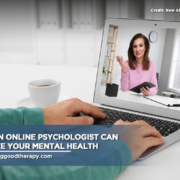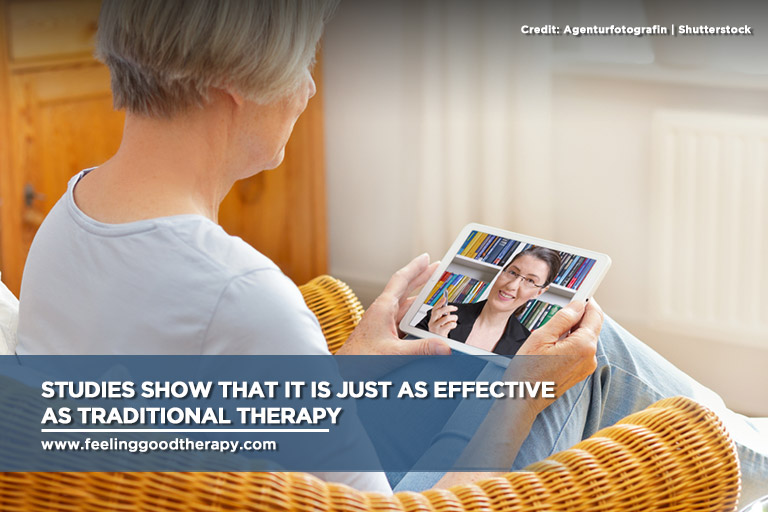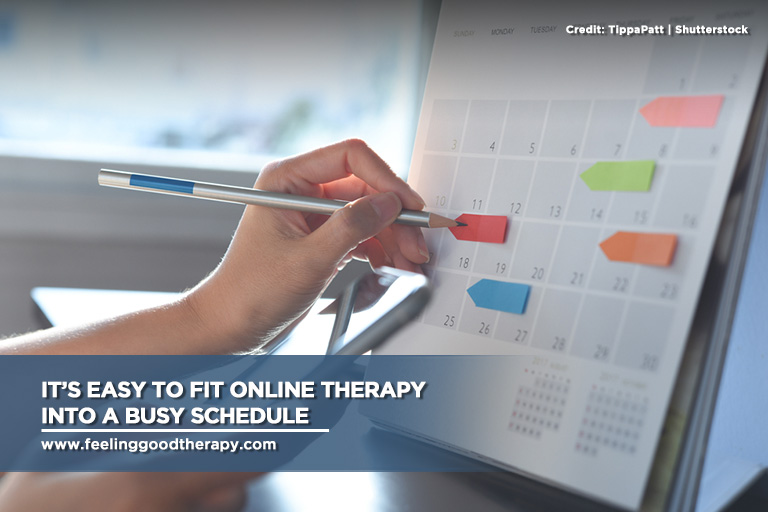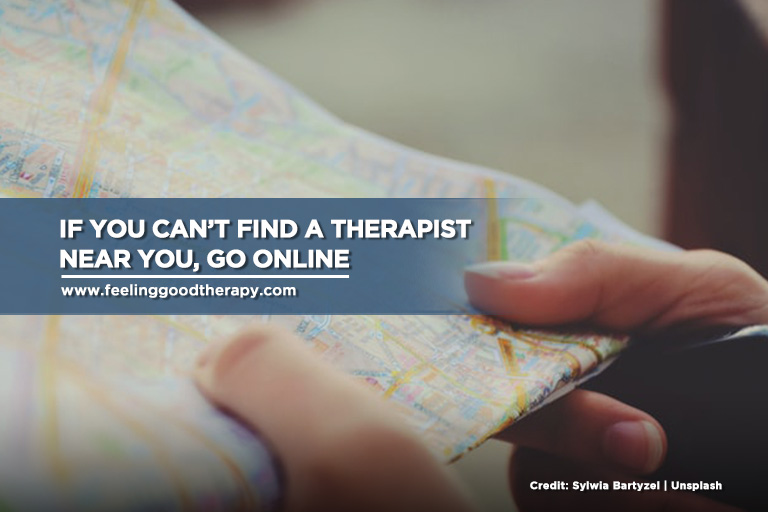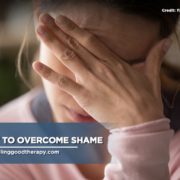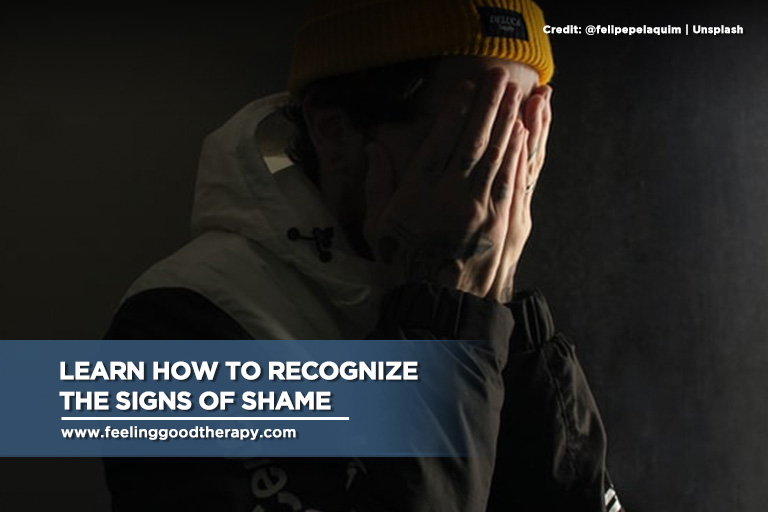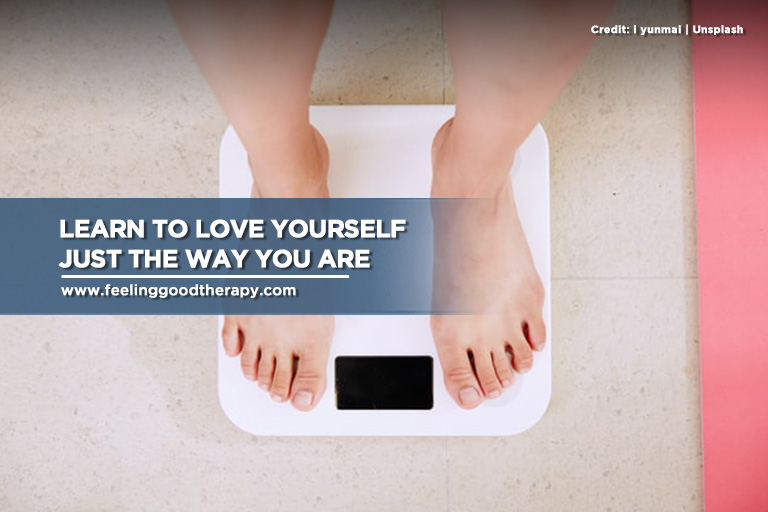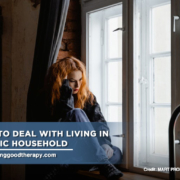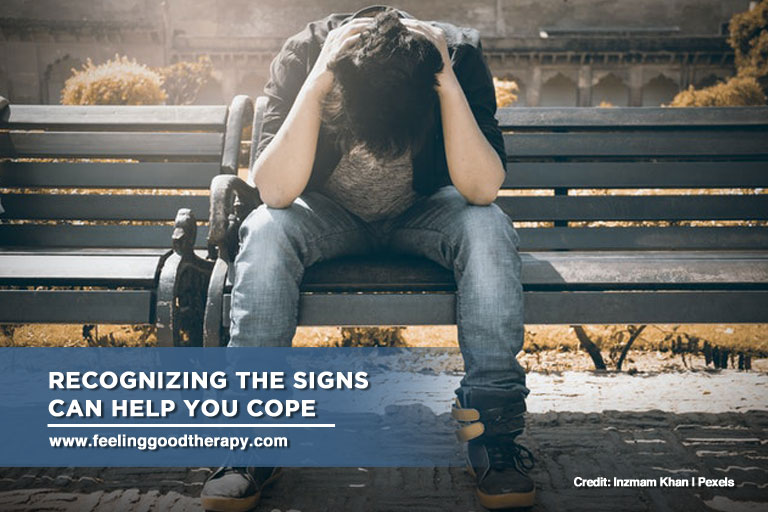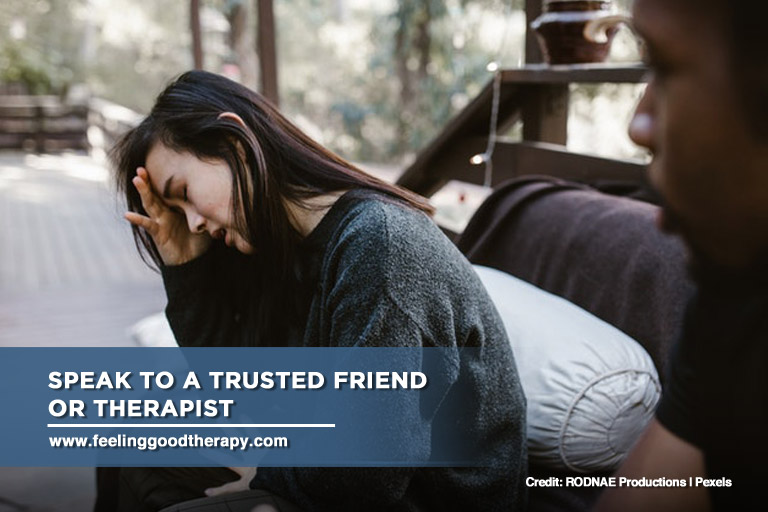How Women Can Support Their Mental Health During the Holidays
The holiday season evokes many feelings: nostalgia, grief, happiness, sadness, joy, stress, and excitement. It’s a time when many celebrate cultural or religious traditions and beliefs, a time to be with loved ones and share in the season’s beauty.
While it’s meant to be a season full of cheer and peace, for women, the holiday season is often more stressful than any other time of the year. Research conducted by the American Psychological Association (APA) shows that women endure more responsibilities during the holidays than men. And with that, additional stress.
Why Women’s Mental Health Is Often Negatively Impacted During the Holidays
According to that same study by the APA, only 27% of women said they can relax during the holiday season, compared to 41% of men. In addition, the Office on Women’s Health found that approximately half of all U.S. women report higher stress levels during the holidays.
So why is women’s mental health so negatively impacted during the holiday season?
Women are naturally the caregivers, and we tend to want to make everything wonderful for our friends and families during this time of the year. That means women take on the brunt of the holiday season “to-do’s” like gift shopping, organizing holiday gatherings and preparations, cooking, baking, decorating, keeping traditions alive, and attending various holiday events for work, school, friends, and family.
Not to mention, life isn’t always going to go as planned. Despite the picture-perfect holiday decor and celebrations seen on social media and in Hollywood, the challenging circumstances that arise in life don’t take a back seat during the holidays. Flat tires, sickness, loss of a loved one, and bills can still happen during the winter months.
It’s no wonder women’s mental health during the holidays tends to decline. There’s just way too much for us to handle.
That’s why women need to care for their mental health throughout the year and perhaps with a little more intentionality during the holiday season.
How Winter and the Holiday Season Affect Women’s Mental Health
The holiday season is challenging for many women’s mental health and can be especially difficult if you already deal with mental health concerns. In fact, the National Alliance of Mental Health (NAMI) states that 64% of people living with a mental illness feel their symptoms increase during the holiday season.
For women, the added stress and responsibility of the season can impact them in several ways:
- increased cortisol levels, leading to hormonal fluctuations that manage mood, which could increase depression and anxiety symptoms
- Seasonal Affective Disorder (SAD)
- grief over years past or lost loved ones
- gastrointestinal issues
- heart problems from elevated blood pressure, which increases the risk of stroke or heart attack
- headaches and severe migraines
No Matter What You Celebrate, This Time of Year Can Challenge Your Mental Health
The “holiday season” encompasses much more than just the Christian celebration of Christmas and the Jewish holiday of Chanukah. “The holidays” are multicultural and include several celebrations, including (2023 dates):
- Shab Yalda on December 21- ancient Persian festivals celebrated by Iranians around the world
- St. Nicholas Day on December 6
- Immaculate Conception Day on December 8
- Bodhi Day on December 8
- Fest Day of Our Lady Guadalupe on December 12
- Yule from December 21-January 1
- Boxing Day on December 26
8 Tips for Caring for Women’s Mental Health During the Holidays
The holiday season doesn’t have to be overwhelming and stressful for you. It’s important to be mindful of this time of year, live in the moment, and recognize the good things. You can do some things to prevent stress and hecticness from overtaking this time of year.
1. Manage Your Expectations
We’ve all seen the picture-perfect holidays portrayed on social media or in Holiday movies. These are incomplete and unrealistic pictures of what the holidays “should” look like. So try to avoid living up to them.
You may feel like you need to throw an outlandish, out-of-this-world party or that your family needs to have a matching PJ portrait taken. You don’t need to do any of these things. Try focusing on what really matters this holiday season and expect that everything may not go to plan, and that’s okay!
2. Incorporate a Relaxation Practice
Even if it’s only for five minutes a day, meditating, deep breathing, or simply sitting silently (without your phone) and reflecting on the beauty of the season can go a long way in reducing stress.
3. Make Time for Yourself
As a woman, you likely “go-go-go” and give of yourself to everyone else. And the holiday season is no exception. You may be tempted to fill any “extra” time with activities or things to check off your “to-do” list. Instead, consider taking time for yourself regularly.
It doesn’t have to be a full day or even an hour. Doing something just for you can reduce stress and make you feel less frenzied. Don’t worry. If you choose to take a long bath and read a book instead of hanging outside holiday lights, the world will keep on turning! And you’ll feel much better.
4. Set Healthy Boundaries and Say “No!”
It’s incredible how many holiday activities there are to do. Countless children’s concerts and events, parties, get-togethers, cookie exchanges, and more can be exhausting when you choose to attend them all.
Instead, say “no” to things. Try it out. It’ll feel good. While you may not want to skip your granddaughter’s holiday concert, you don’t have to attend the neighborhood cookie swap. You don’t have to send holiday cards. You don’t have to do any of it! You can choose to say “no”. And you should.
5. Maintain a Healthy Routine 
The holidays are also a time to enjoy some pretty delicious food. And you should – within reason. Many times, especially if you are stressed and overwhelmed, you can throw your healthy lifestyle out the window and eat and drink to your heart’s content!
Try not to de-stress by eating all of the holiday foods available every single day and drinking every single “cup of cheer” offered. And don’t skip your exercise, either. Even skipping the gym and going for a nice walk is better than forgoing all exercise this season.
And when you’re in control of your diet and exercise, with a little holiday treat on occasion, you’ll feel much better!
6. Ask for Help and Delegate
As mentioned, women tend to take on most of the holiday responsibilities. But it doesn’t have to be that way. Get your family or friends involved. You likely have someone in your life who can be in charge of buying a few gifts and wrapping some presents.
7. Reduce Gifting
Speaking of gifting – consider paring down on gifts. There’s no reason to go into debt just to buy “enough” presents for everyone. And if you feel like you “have” to buy a gift, maybe get others a nice card or plan to go to coffee together in the new year – your treat!
People don’t “need” most of what they get around the holidays. The most important thing is that they stay in the moment and appreciate YOU!
8. Don’t Skip Therapy
If you’re already going to therapy, don’t replace it with shopping or gift-wrapping. And if you’re not attending therapy, now is a great time to start. Attending therapy for women during the winter and holiday seasons (and all year) is crucial to your overall well-being.
And if you’re feeling symptoms of Seasonal Affective Disorder, which affects more women than men, don’t be afraid to reach out for professional help. A therapist can help you work through SAD and other challenging emotions you feel during this season.
On top of that, I recommend trying light therapy using a light box. It’s beneficial in fighting SAD. Lightboxes are readily available online and relatively inexpensive!
The point of the holiday season and caring for women’s mental health is not to be as busy, hectic, overwhelmed and stressed as possible. It’s a time to reflect on your year, accept the good and bad emotions that come, and recognize the beauty of the season.
Try not to lose perspective and get lost in the shuffle. Instead, focus on what matters to you most this time of year.
Partner With Me for Online Therapy for Women in California and Ontario

My therapy approach is structured, compassionate, and honest. I’m here to help you feel better, plain and simple. Whether you’re just starting out looking for online therapy for women or seeking help in California or Ontario, I’m here for you.
Contact me for more information about how I can help you through this holiday season and beyond. You don’t have to feel stressed and overextended. You can enjoy this time of year. And I can help.










 Women can experience significant ongoing stress:
Women can experience significant ongoing stress: 


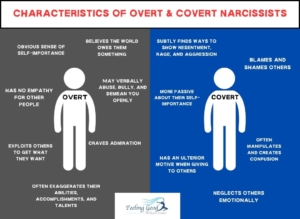
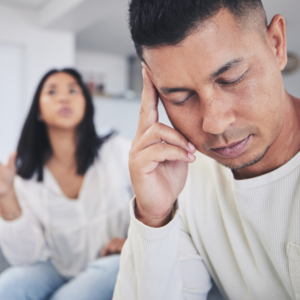

 Understanding whether or not you are an empath is crucial to truly knowing and accepting yourself. Many empaths tend to feel bad about themselves because they are perceived as “overly sensitive.” As an empath, if judgemental narcissistic individuals surround you, you probably feel even worse. But if you genuinely love and accept yourself and see your empath traits as strengths rather than weaknesses, you can live a happier, more fulfilling life.
Understanding whether or not you are an empath is crucial to truly knowing and accepting yourself. Many empaths tend to feel bad about themselves because they are perceived as “overly sensitive.” As an empath, if judgemental narcissistic individuals surround you, you probably feel even worse. But if you genuinely love and accept yourself and see your empath traits as strengths rather than weaknesses, you can live a happier, more fulfilling life.
 Putting others before yourself isn’t necessarily a bad thing. But when you always prioritize others’ needs over your own, you can do a number on your mental health and well-being.
Putting others before yourself isn’t necessarily a bad thing. But when you always prioritize others’ needs over your own, you can do a number on your mental health and well-being. 








